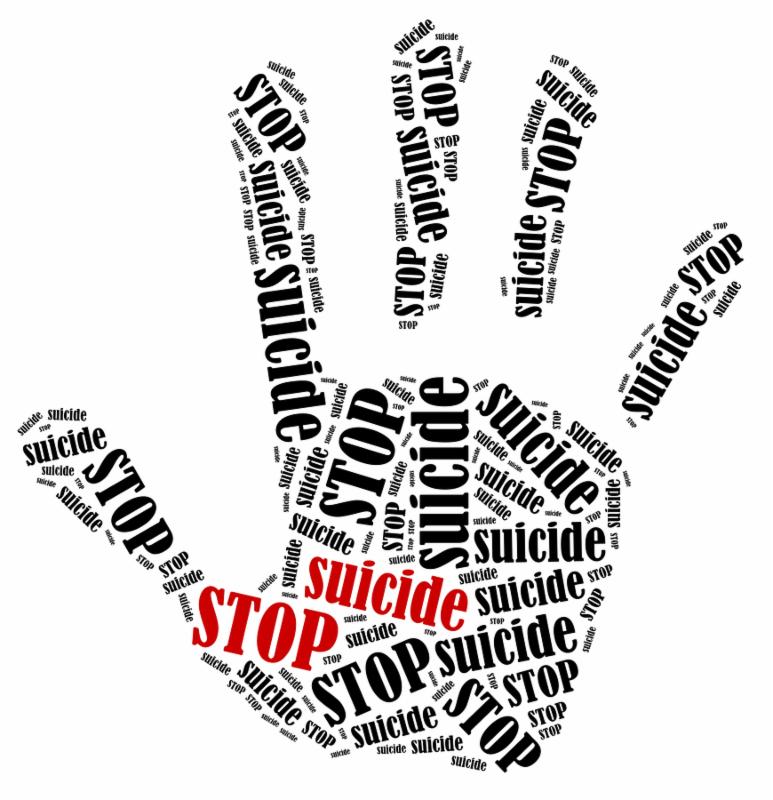The Citizens Commission on Human Rights (CCHR) of Florida, a non-profit mental health watchdog that exposes human rights violations and is dedicated to the protection of children, is holding an open house this month at their center located at 109 N. Fort Harrison Avenue in downtown Clearwater to bring attention to alarming suicide statistics and the apparent connection between antidepressants and the reliance on suicide risk assessments.
Every 12 minutes in the U.S., someone’s life ends from suicide — an average of 44,965 people yearly — making it the 10th leading cause of death for Americans. In 2015 alone, according to the Centers For Disease Control and Prevention (CDC), suicide deaths were more than double those due to homicides, which means for every murder reported in the news, there were at least 2 other deaths that occurred due to suicide.
In response to these alarming statistics, the Florida chapter of CCHR is hosting an open house at their center in Clearwater for the purpose of educating the general public on the connection between the use of antidepressants, the reliance on suicide risk assessments and death by suicide.
“Too often people rely on unproven suicide risk assessments as a catchall when dealing with a person experiencing a crisis and unfortunately the assessments just don’t work according to some experts,” stated Diane Stein, President of CCHR Florida.
According to an article published under Mental Health in Scientific American in March of 2017, new research of the past 40 years of suicide risk assessments research suggests that not only do these assessments not help but may cause harm by increasing the risk of suicide.
This same article reports that:
- 95% of high-risk patients did not die by suicide
- 50% of the suicides came from the lower risk categories
- there has been no improvement in the accuracy of suicide risk assessments over the past 40 years
- no statistical way of identifying individuals with a high risk of suicide exists
- the four strongest suicide risk assessment factors (previous self-harm, physical health problems, male gender and suicidal intention) were so prevalent that they were of no use in determining if someone is at risk for suicide
- the widespread use of suicide risk assessment diverts clinicians from real engagement with patients thereby potentially increasing the risks of suicide
Combined with ineffective suicide risk assessment, patients labeled with depression or suicidal ideation often receive prescriptions for dangerous psychotropic drugs laden, and even labeled, with side effects that encourage the exact symptoms they are marketed to treat. For example, Celexa, a common antidepressant, has more suicidal warnings attributed to it than any other side effect and is linked to a staggering 559 cases of documented suicide. Psychiatric patients who are prescribed these life-threatening psychiatric drugs not only receive no effective assessment or treatment, but they go home with pills that only exacerbate their mental health challenges.
“With 1 in 6 Americans currently taking psychotropic drugs — while suicides continue to rise — Americans need look no further than their medicine cabinets for major chemical contributors to the increased suicide statistics our country faces,” said Stein.
For more information on the open house, the truth about psychiatric drugs or alternative solutions including educational materials, please call CCHR Florida at 727-442-8820, or visit www.cchrflorida.org.



Oh my gosh! I really had no idea it was so bad! I wonder, with the influx of illegal aliens will the percentages shift so that the illegals are the ones who will not receive psychotropic drugs, making the Caucasian race responsible for (soon) half of the drug induced suicides?